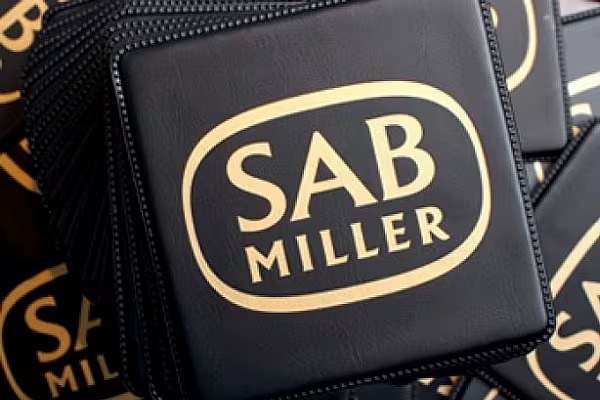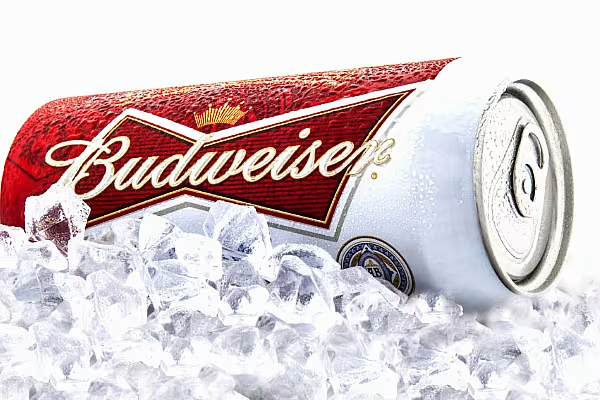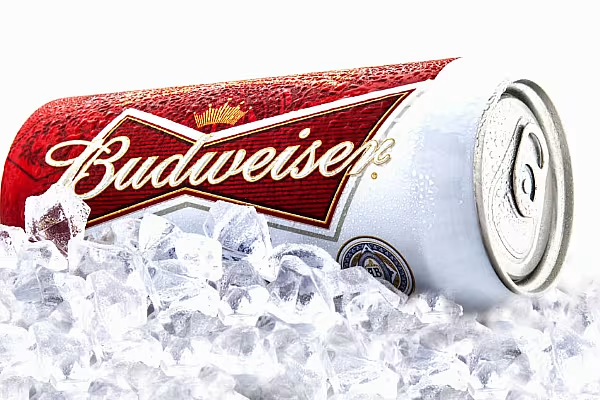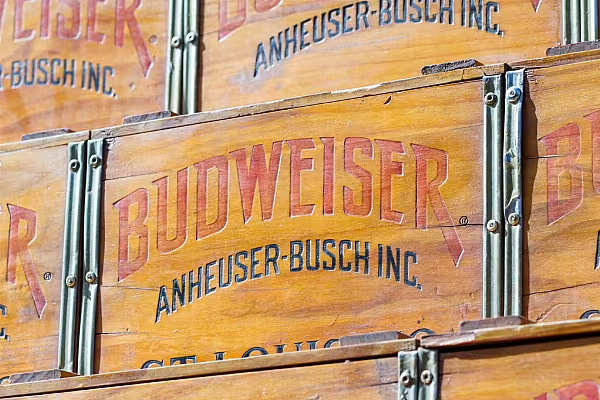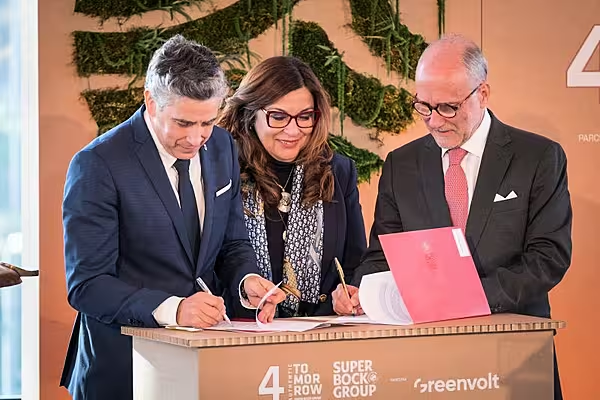SABMiller has cut production and fired more than half the workforce at its South Sudan unit as a lack of foreign currency and the soaring cost of beer holds back investment and stifles demand.
The world’s second-biggest beer maker has failed to make a profit in South Sudan since opening the East African country’s first brewery in 2009, according to Carlos Gomes, managing director of the unit, South Sudan Beverages Ltd. The company has cut 250 jobs in the past two months and reduced output of local beers such as White Bull to 15 per cent of June volumes, he said.
SABMiller, a takeover target for larger competitor Anheuser-Busch InBev NV, has “invested $94 million in various packages and is not willing any more to put in money when there are no dividends,” Gomes said in an interview in Juba, the capital, on 2 October. The London-based brewer hasn’t “got a single cent in return since we started operations,” he said.
South Sudan’s economy, which relies on oil for almost all exports, will probably contract by 7.5 per cent this year as crude production falls after almost two years of civil war that has killed tens of thousands of people and displaced 2 million, according to the African Development Bank. Inflation was 59 per cent in August, more than doubling the cost of beer, while a shortage of foreign exchange in banks has meant businesses have sought funds on the black market, where the South Sudanese pound can trade at more than five times the official rate of about 3 per U.S. dollar.
SABMiller generates almost a third of its revenue and profit from Africa, the world’s fastest-growing beer market.
Bloomberg News, edited by ESM
